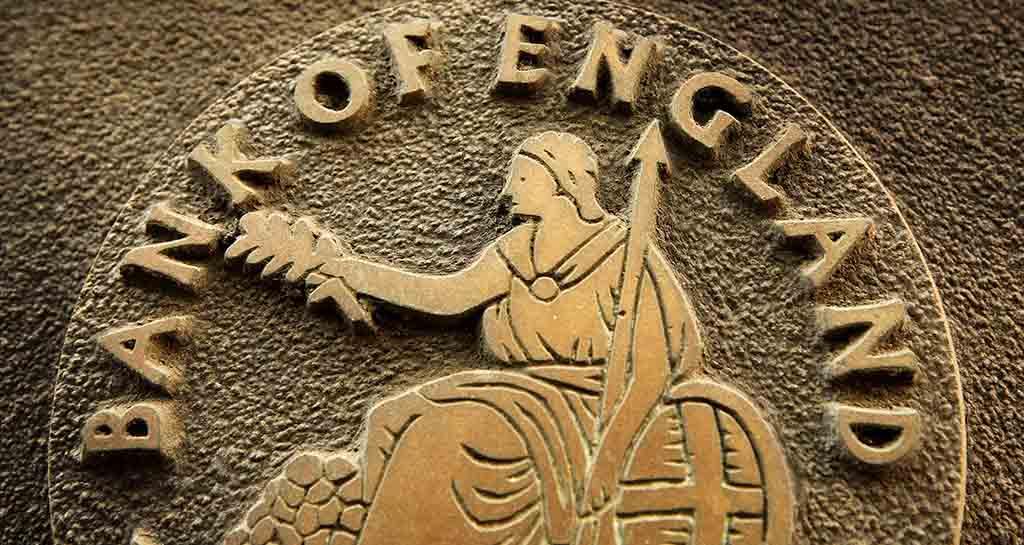-
Tips for becoming a good boxer - November 6, 2020
-
7 expert tips for making your hens night a memorable one - November 6, 2020
-
5 reasons to host your Christmas party on a cruise boat - November 6, 2020
-
What to do when you’re charged with a crime - November 6, 2020
-
Should you get one or multiple dogs? Here’s all you need to know - November 3, 2020
-
A Guide: How to Build Your Very Own Magic Mirror - February 14, 2019
-
Our Top Inspirational Baseball Stars - November 24, 2018
-
Five Tech Tools That Will Help You Turn Your Blog into a Business - November 24, 2018
-
How to Indulge on Vacation without Expanding Your Waist - November 9, 2018
-
5 Strategies for Businesses to Appeal to Today’s Increasingly Mobile-Crazed Customers - November 9, 2018
BoE holds rates at 0.25% but further cut possible later this year
“However, with United Kingdom interest rates already close to zero, further cuts will do little to stimulate growth and are likely to exacerbate the cost pressures that both businesses and consumers may face in the coming months from a weakening currency”. “(BoE policymakers) still think they will have to cut rates again this year”, said ETX Capital markets analyst Neil Wilson.
Advertisement
In addition, it upgraded its growth forecast for the third quarter to 0.3 percent from 0.1 percent, which it predicted last month.
The Bank noted that news on the near-term momentum of the United Kingdom economy since the August Inflation Report has been slightly to the upside.
The BOE said it had anticipated that business and consumer sentiment would bounce back following the immediate plunge in response to the Brexit vote, but acknowledged that it now expects less of a slowing in second half United Kingdom economic growth than it judged in August.
However, Michael Metcalfe head of Global Macro Strategy at State Street Global Markets argues the BoE should be keeping a close eye on inflation, instead of waiting to see whether more quantitative easing measures are necessary.
Its latest report indicated this still remains a possibility, but any move would be decided by data contributing to the Bank’s Inflation Report in November.
Under the MPC’s new calendar, the Bank’s next rate decision is scheduled to take place on November 3. The new timetable involves just eight meetings a year. The last scheduled MPC meeting for 2016 is on 15 December.
Nevertheless, the panel said “the contours of the economic outlook following the European Union referendum had not changed”.
The report also suggests that the Fed will leave interest rates unchanged at its policy meeting next Tuesday and Wednesday. “Mark Carney doesn’t want to experiment with negative interest rates so any further rate cut needs to be well timed”.
Business spending is likely to slow more than consumer spending, as companies delay investment, the Bank said.
The MPC noted that while recent near-term data had been stronger than anticipated since the Brexit vote, it could not draw inferences for its longer-term forecasts. Moreover, there had been no new information since the August Inflation Report relevant for longer-term prospects for the United Kingdom economy.
To meet these demands, the Bank says it will have to undertake a comprehensive rebuild of the current technology platform, the costs of which will recouped from future users by a rise in tariffs.
Advertisement
It said recent closely-watched industry data suggesting that major sectors of the economy rebounded strongly in August had been stronger than expected and were “consistent with somewhat less of a slowing in near-term GDP growth”. “Arguments and animosity about the situation along with the uncertainty that Brexit creates are likely to weigh on sentiment as the positive effects of the Olympics and a warm end to the summer start to fade”.





























